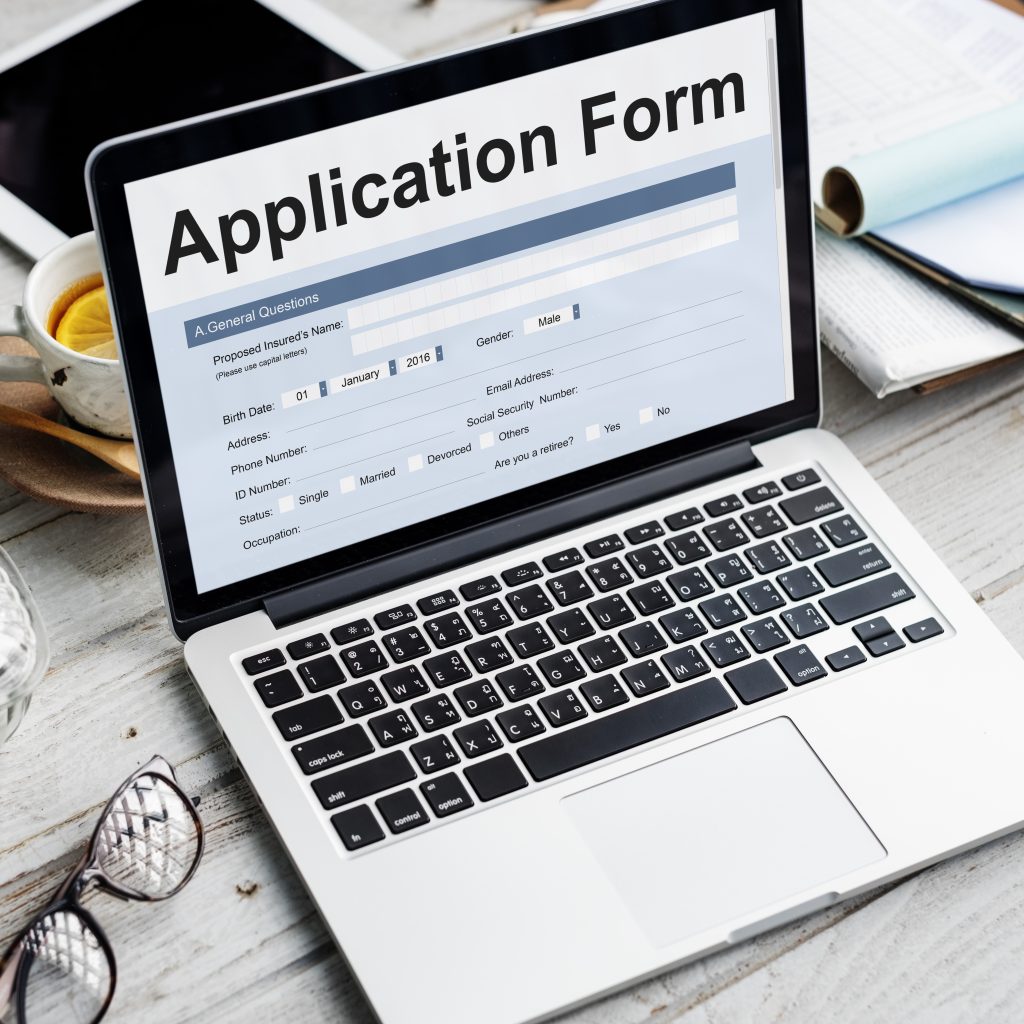
Demystifying LSAT Accommodations: What You Need to Know
When preparing for the LSAT, many students wonder whether requesting accommodations will impact how law schools view their applications. The truth is, accommodations are there to level the playing field — not to penalize you. Below, we answer three of the most common questions students ask about LSAT accommodations, and then we’ll point you toward resources in California so you can get the evaluation documentation you need.
1. Do law schools know I received LSAT testing accommodations?
Short answer: No.
- LSAC does not flag an LSAT score as having been taken under accommodations: scores are reported in the same format whether accommodations were used or not.
- The fact that accommodations were granted is not disclosed to law schools as part of your score report.
- Law schools only see your score, timing, percentile, etc. They have no record of your accommodation status unless you choose to share it yourself.
So, there is no built-in stigma or marking in your LSAT record.
2. How do I request LSAT accommodations, and what documentation is required?
Accommodations on the LSAT are not automatic — you must request them (usually at registration time) and provide supporting documentation. Here’s a general roadmap:
- Register (or be ready to register) for the LSAT.
You must either be enrolled or registering to be eligible to request accommodations. - Submit an accommodation request via your LSAC JD account, along with relevant forms.
- Provide documentation from a qualified evaluator, such as:
- A formal diagnostic evaluation (neuropsychological, psychoeducational)
- Test data, cognitive and achievement scores, and a narrative tying your disability to how it impacts test performance
- Records of prior accommodations (e.g., in school, previous standardized tests)
- A professional’s summary/diagnosis that justifies the accommodations requested
- Meet all deadlines. Late or incomplete requests are often denied.
- Wait for a decision from LSAC. If approved, your accommodations will be arranged for the test.
Some of the accommodations LSAC may grant include extra time, extra breaks, separate or reduced-distraction rooms, accessible formats (large print, audio), and more.
3. Should I disclose my disability or accommodations in my law school application?

This is a personal and strategic choice. Here are some guidelines:
- You are not required to disclose a disability or accommodations. Admissions offices typically don’t ask for it, and your LSAT score does not reflect whether you had accommodations.
- If you choose to disclose, treat it like a narrative: explain how you’ve managed your disability, used accommodations fairly, and succeeded academically. Don’t let it dominate your story — it’s part of your journey, not your entire identity.
- If you choose not to disclose, that’s okay too — your achievements and scores speak for themselves.
Ultimately, there is no one “correct” path. The right decision is the one that lets you present your application most authentically and confidently.
Do you need an assessment for LSAT Accommodations ASAP? We can help!

If you’re in California and suspect you need testing accommodations—whether for the LSAT, law school exams, or other high-stakes tests—now is the perfect time to schedule your evaluation.
At SoCal Educational Evaluations, we specialize in comprehensive psychological and educational assessments that meet the documentation requirements for LSAT and other standardized testing accommodations. Our evaluations include a full cognitive and academic assessment, diagnostic report, and professional recommendations designed specifically to support your accommodation request.
? Flat rate: $1,600
? Virtual testing available anywhere in California
? In-person appointments available across Southern California
Don’t wait until registration deadlines are approaching—these evaluations take time to schedule, complete, and review. Getting started early ensures that your documentation is ready for LSAC’s accommodation review process.
? Contact SoCal Educational Evaluations today to book your evaluation or learn more about testing options:
Visit www.SoCalEducationalEvals.com or email info@socaleducationalevals.com to schedule your assessment.